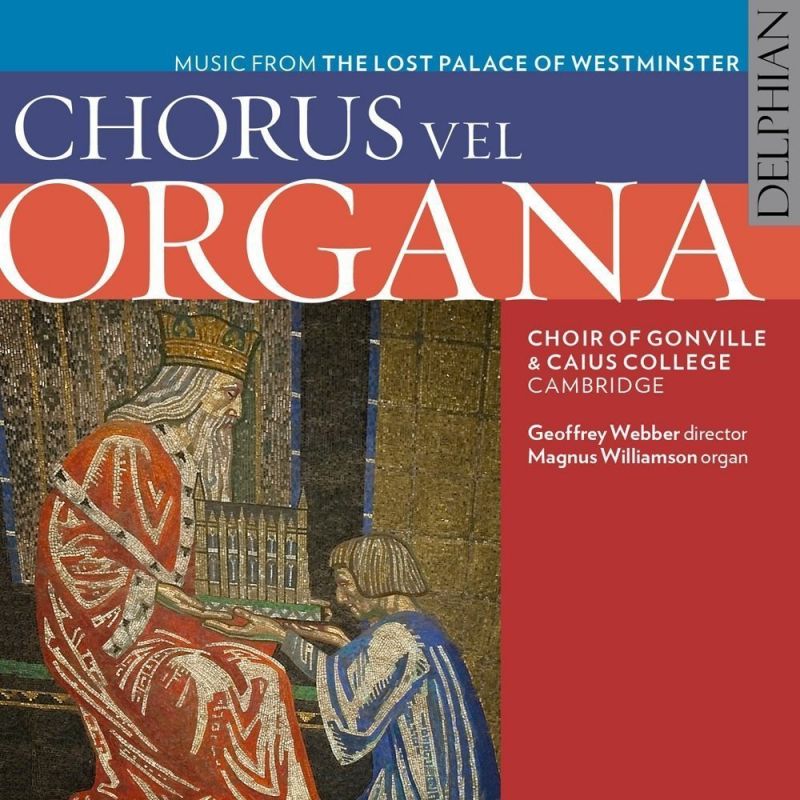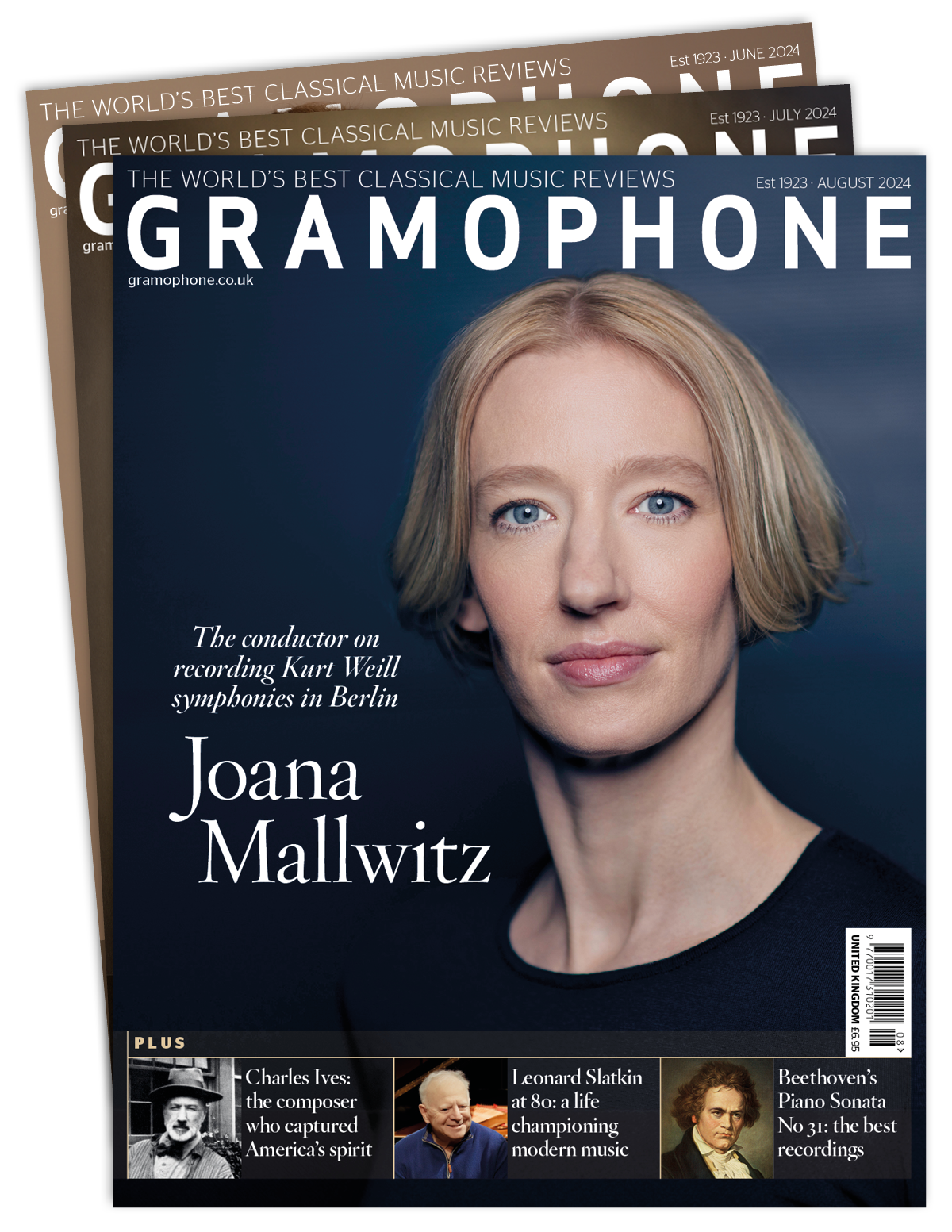Chorus vel organa; Music from the Lost Palace of Westminster
View record and artist detailsRecord and Artist Details
Composer or Director: John Sheppard, Anonymous, William Cornysh
Genre:
Vocal
Label: Delphian
Magazine Review Date: 08/2016
Media Format: CD or Download
Media Runtime: 67
Mastering:
DDD
Catalogue Number: DCD34158

Tracks:
| Composition | Artist Credit |
|---|---|
| Felix namque es |
Anonymous, Composer
Anonymous, Composer Cambridge Gonville & Caius College Choir Geoffrey Webber, Conductor |
| Sancte Dei pretiose |
Anonymous, Composer
Anonymous, Composer Cambridge Gonville & Caius College Choir Geoffrey Webber, Conductor |
| Magnificat |
William Cornysh, Composer
Cambridge Gonville & Caius College Choir Geoffrey Webber, Conductor William Cornysh, Composer |
| Lady Mass Cycle |
Nicholas Ludford, Composer
Cambridge Gonville & Caius College Choir Geoffrey Webber, Conductor |
| Missa Lapidaverunt Stephanum, Movement: Agnus Dei |
Nicholas Ludford, Composer
Cambridge Gonville & Caius College Choir Geoffrey Webber, Conductor |
| Sancte Dei preciose |
John Sheppard, Composer
Cambridge Gonville & Caius College Choir Geoffrey Webber, Conductor John Sheppard, Composer |
Author: Edward Breen
The album takes its name from the opening track: ‘chorus vel organa’ is the rubric given in a Sarum Antiphoner of 1519 indicating ‘choir or organ’. The organ is tuned to a pungent, modified mean-tone temperament and replete with sprightly chiffs fronting each note. The singers gravitate towards this tuning and immediacy, especially in the Lady Mass Cycle where Magnus Williamsons’s dexterously improvised versets alternate with firm, robust polyphony. This leaves the somewhat polite a cappella performance of Ludford’s (c1485-c1557) Gloria in a rather incongruous corner since his polyphonic arches also need, in my opinion, an altogether more robust approach. The arrival of the full choir at the phrase ‘Gratias agimus tibi’, for instance, lacks gravitas and the spacious final ‘Amen’ leaves me wistful for the searing tuning of The Cardinall’s Musick (ASV) with altos en chamade.
Yet Cornysh’s (d1502 or 1465 1523) Magnificat is spectacular. Here, purposeful phrasing serves up cadences with pleasing aplomb. It is surely testament to the rich heritage of British vocal performance that young singers can assimilate these styles so quickly and expertly. If ever there was a moment to bask in the achievements of the early music revival and gaze in wonderment at its promising future, then this is it.
Explore the world’s largest classical music catalogue on Apple Music Classical.
Included with an Apple Music subscription. Download now.

Gramophone Digital Club
- Digital Edition
- Digital Archive
- Reviews Database
- Full website access
From £8.75 / month
Subscribe
Gramophone Full Club
- Print Edition
- Digital Edition
- Digital Archive
- Reviews Database
- Full website access
From £11.00 / month
Subscribe
If you are a library, university or other organisation that would be interested in an institutional subscription to Gramophone please click here for further information.




